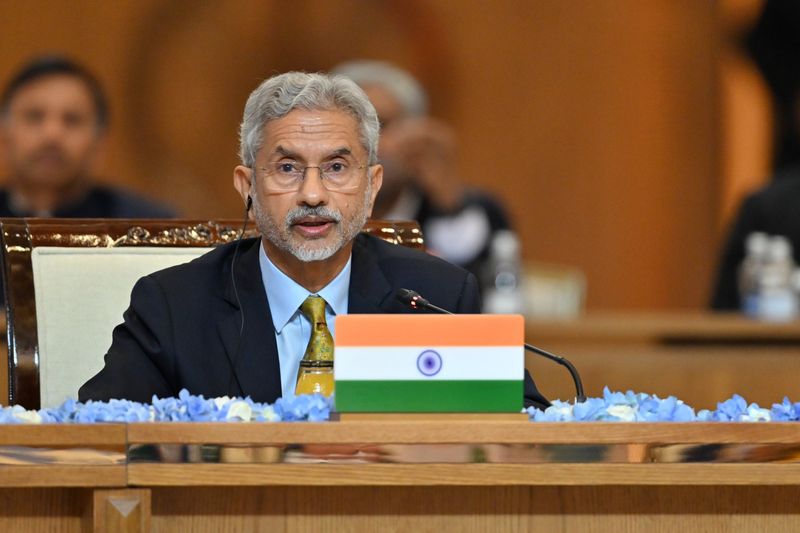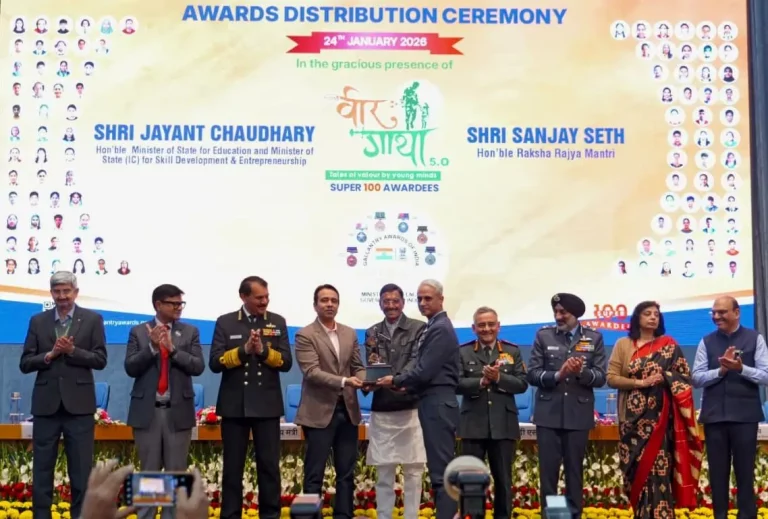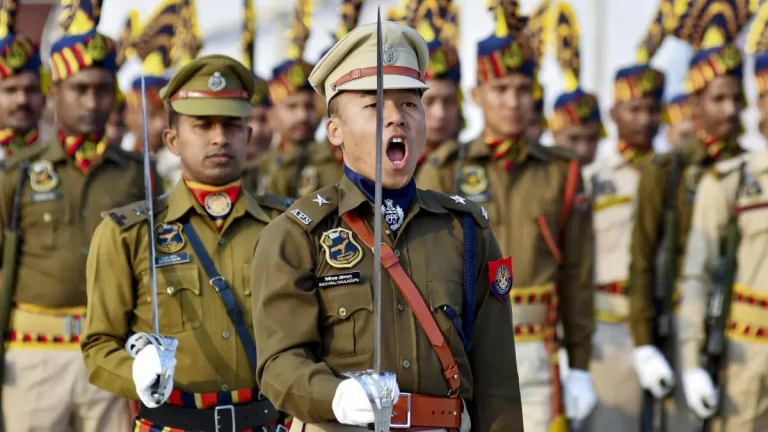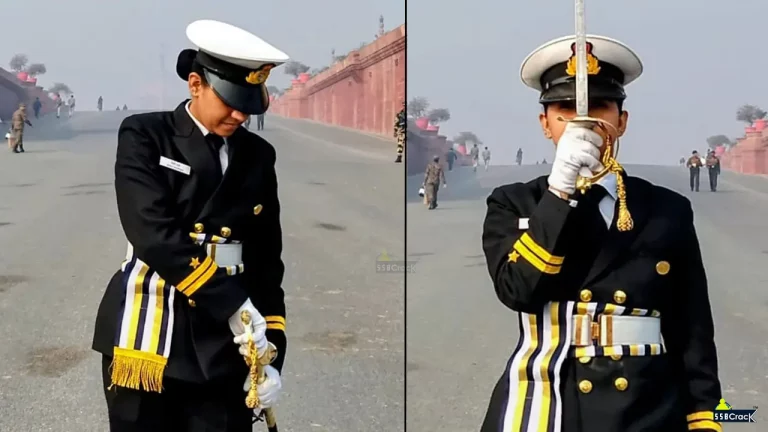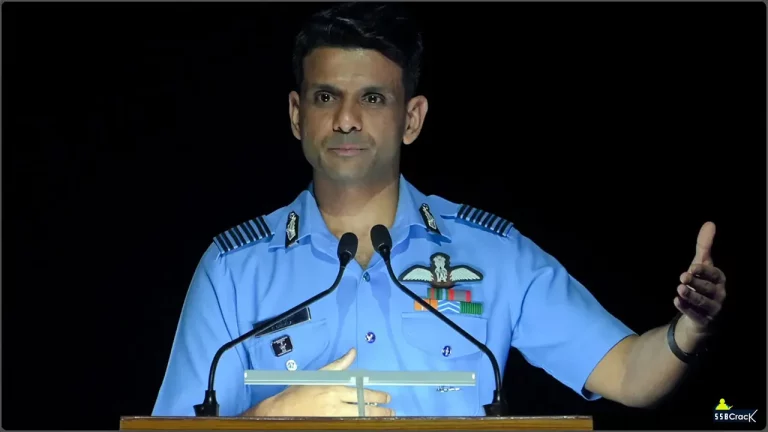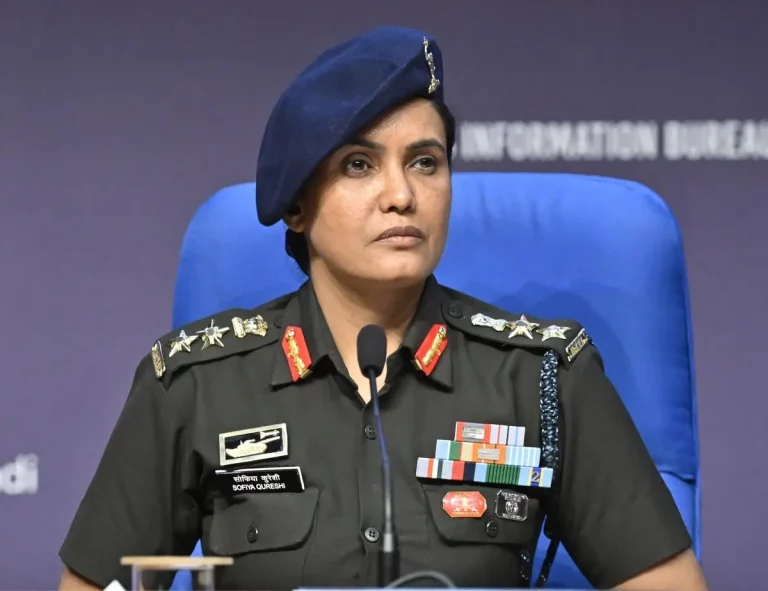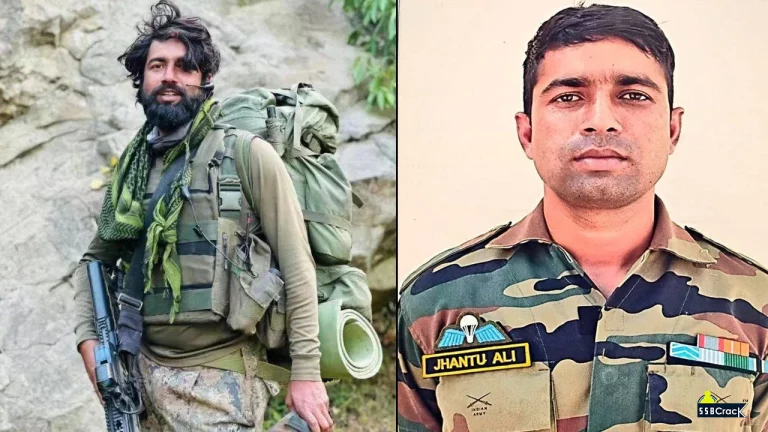During the recent Shanghai Cooperation Organisation (SCO) Council of Foreign Ministers Meeting in Tianjin, China, External Affairs Minister S. Jaishankar urged member countries to take a firm and uncompromising stance against terrorism, separatism, and extremism. He referenced the April terror attack in Pahalgam, Jammu and Kashmir, stating that it serves as a stark reminder of the dangers that the SCO was initially created to combat.
Addressing the assembly, which included Pakistan’s Foreign Minister Ishaq Dar, Jaishankar condemned the tactics employed by the attackers, who he claimed sought to undermine Kashmir’s tourism sector and incite religious tensions. He called for a reaffirmation of the SCO’s founding mission, underscoring that regional security cannot be ensured without accountability for acts of terrorism.
Jaishankar noted that the United Nations Security Council had already condemned the Pahalgam incident, emphasizing the necessity of holding those responsible accountable. He pointed to India’s decisive response via Operation Sindoor on May 7 as evidence of New Delhi’s commitment to counter-terrorism efforts.
His comments come amidst growing concerns within India regarding China’s support for Pakistan during recent conflicts. India has previously criticized China’s repeated actions to block moves at the UN Security Council aimed at sanctioning terrorists based in Pakistan.
In addition to discussing immediate threats, Jaishankar warned of a “rising tide of global disorder,” characterized by escalating conflicts, economic instability, and coercive diplomatic tactics. He urged SCO members to work collaboratively to stabilize the international landscape and to mitigate risks in crucial areas while addressing enduring threats that threaten shared interests.
On the topic of Afghanistan, he highlighted the importance of the nation’s stability for broader regional peace. He called for SCO countries to enhance development assistance to Afghanistan’s populace and reaffirmed India’s commitment to providing humanitarian support.
Jaishankar also emphasized India’s leadership role within the SCO, focusing on initiatives aimed at promoting startups, digital public infrastructure, and innovation. He insisted that cooperation must rest upon principles of mutual respect, sovereignty, and territorial integrity—implicitly critiquing China’s Belt and Road Initiative, which involves projects in Pakistan-occupied Kashmir.
Amid discussions of regional connectivity, Jaishankar pointed out significant gaps, particularly the challenges in assured transit within the SCO region. He argued that these gaps hinder robust economic partnerships and reiterated India’s call to advance the International North South Transport Corridor (INSTC), which links India to Central Asia, Russia, and Europe via Iran.
Concluding his address, Jaishankar stressed the pivotal role of the SCO in shaping global dynamics. He stated that the organization’s credibility hinges on inclusivity, a unified agenda, and the collective integrity of its member states. As the world moves toward a multipolar future, he underlined the necessity for regional alliances like the SCO to lead with clarity and cohesion.
